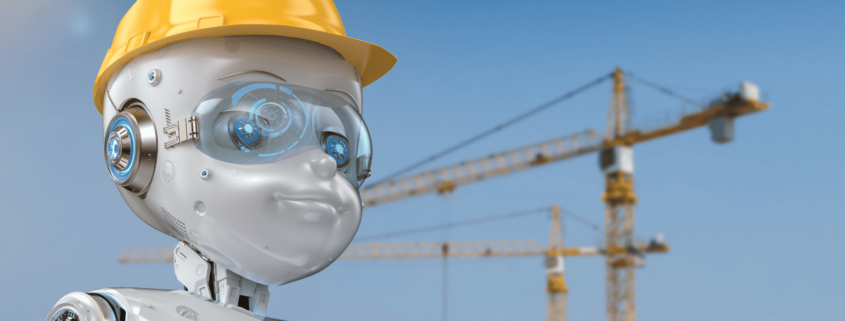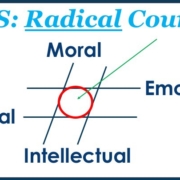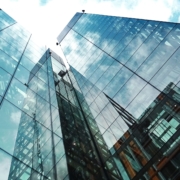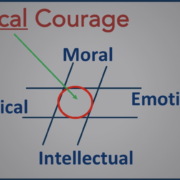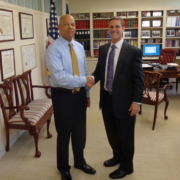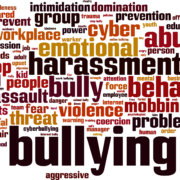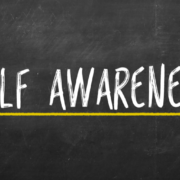3 Ways AI will transform the construction and manufacturing industries
The New York Times says that articles on AI are among 2023’s most popular. It’s no wonder – this revolutionary capability will transform business and life. Are you wondering how AI will affect your business? If you’re like most leaders I’ve been talking to, you want to get ahead of the curve, not left behind.
I have several construction and manufacturing clients, so I asked my Chatbot to help me identify some of the most important ways artificial intelligence will affect them. These three stood out to me.
- Predictive Maintenance: Why wait for the wheel to break? AI-powered sensors can alert you before a machine or component fails, reducing downtime and saving costs.
Preventative maintenance will remain essential in prolonging the life of components. Combined with AI-powered predictive maintenance, you can avoid the massive costs of corrective and remedial action.
- Supply Chain Simplification: AI can streamline your supply chain, making it transparent and efficient while uncovering hidden costs.
Complicated, hyper-efficient, cheap supply chains were the gold standard until the fragile system crashed. Many CEOs still complain about supply chain disruptions, clinging to a system that no longer works.
The wise ones are simplifying their supply chains to reduce the system’s friction. Fewer transactions mean less opportunity for things to go wrong. AI can help you build resilience by reducing complexity.
I just finished visiting with a CEO who simplified their supply chain. Their business grew 38% in the past two years by acquiring new business from competitors who couldn’t deliver.
- 3D Visualization, Testing, and Building: Expect 3D printed structures designed by AI, reducing cost and time.
The most successful companies will rethink what ‘building’ and manufacturing means when machines weave structures and components “like spiders spin webs” (Chatbot).
AI will load-test your products and structures before you build them. How well will that building stand up to a hurricane? How long can you expect these components to last under adverse conditions? What are the likely risks of harm to people, animals, and the environment, and what are the most effective ways to reduce the probability of problems arising and their seriousness?
Much of the AI conversation centers on the potential risks of rogue bots. These discussions are vital, and policymakers need to develop sensible safety protocols.
Closer to home, AI will have a transformative effect on your business. Daniel Burrus calls it a Hard Trend – something that will happen (like the sun rising tomorrow). Will you ride the crest of the wave or get pulled under it?
Here’s a massive implication that transcends industries. Workplace trust will rise in importance as AI reshapes and replaces traditional roles. Higher trust leads to stronger innovation, lower anxiety, and better teamwork and productivity. Low-trust environments, by contrast, arouse suspicion, heighten dysfunctional stress, impede innovation, and damage performance.
Will AI strengthen trust in your company or diminish it? The answer is 100% up to you.
You face a dynamic hybrid workplace that includes disruptive advances like AI, four generations of employees, varied viewpoints within a polarized polity, and unprecedented social pressures.
My newest program, Building an Inspiring Culture®, is ideal for companies who want to strengthen how their leaders build trust, gain buy-in, and create productive accountability. You need a strong foundation to build a tall building.
Schedule a call to learn more about the program and see if it’s a good fit.
